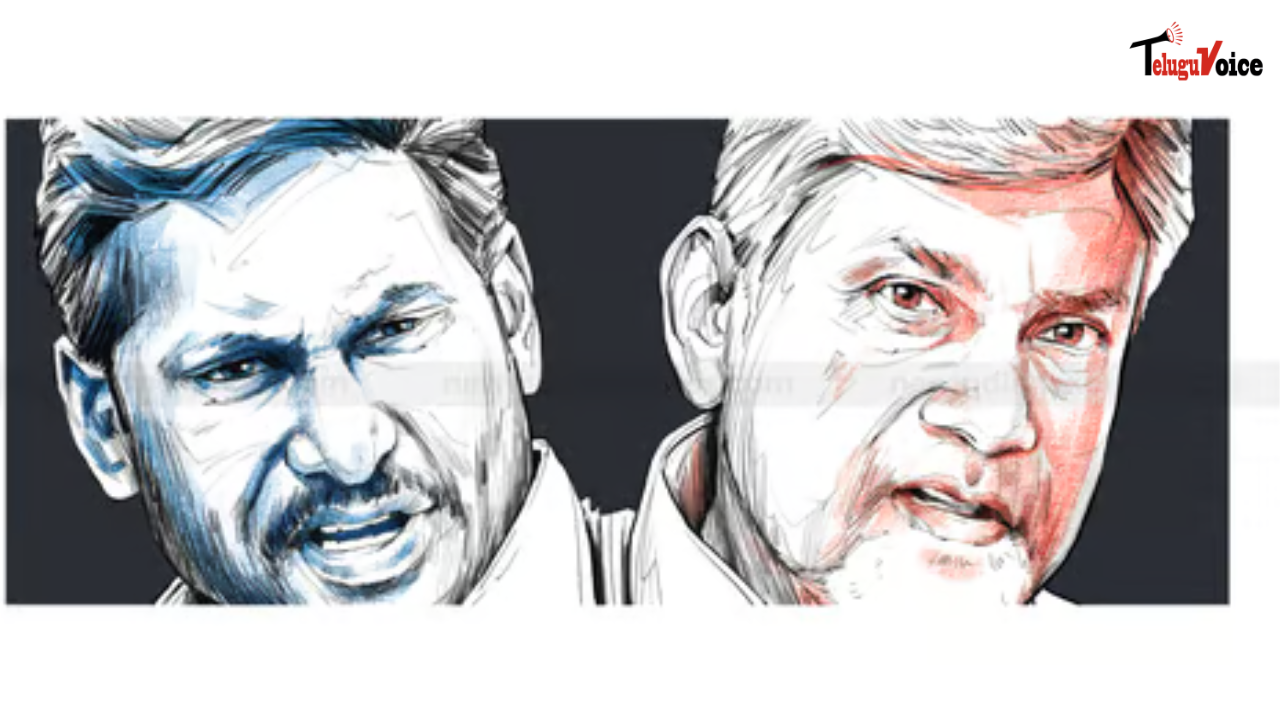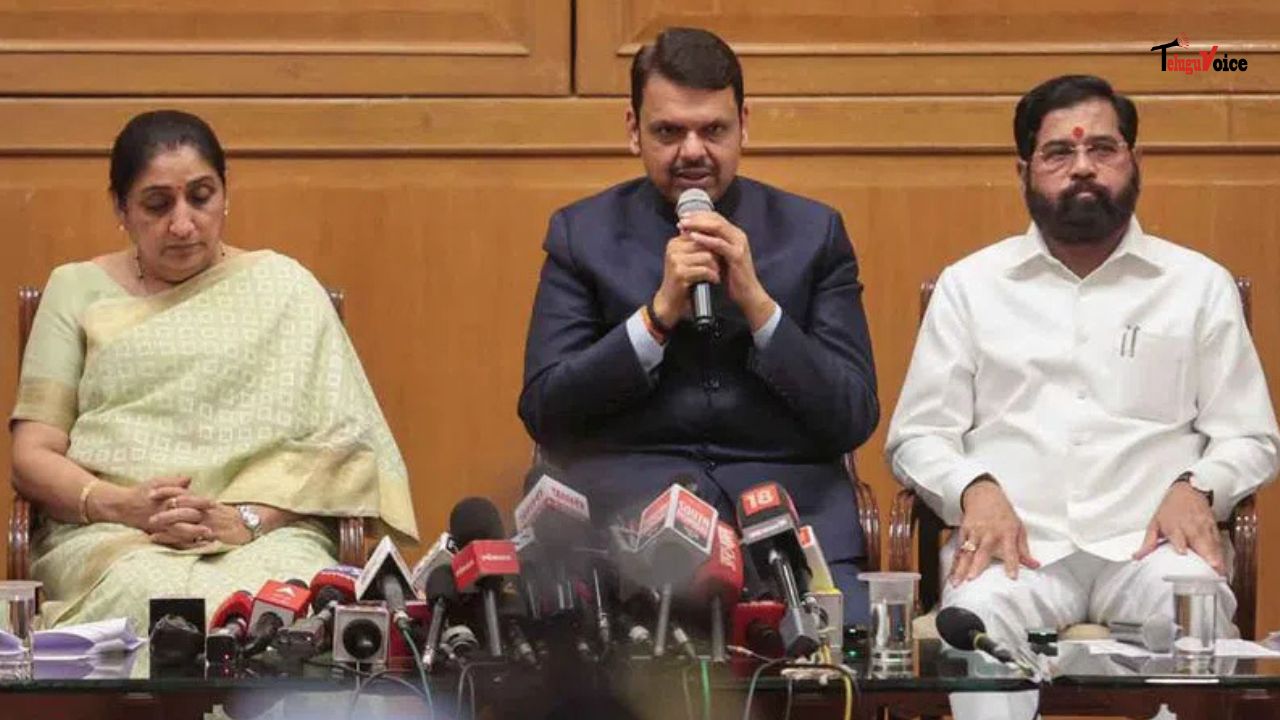Andhra Pradesh Cracks Down on Social Media Abuse: 49 Arrested, 147 Cases Registered Against YSRCP Supporters for Defamatory Content

In a sweeping move, Andhra Pradesh Police has arrested 49 individuals, filed 147 cases, and issued 680 notices to social media activists and supporters of the YSR Congress Party (YSRCP) for allegedly spreading defamatory content against leaders and their families from the ruling Telugu Desam Party (TDP), as reported by The Indian Express. The crackdown comes in response to content deemed derogatory, targeting prominent figures such as state ministers and their family members, including spouses and daughters.
According to TDP spokesperson Anam Venkata Ramana Reddy, the actions were necessary as these social media posts had "crossed a line," escalating from political criticism to offensive, vulgar comments. The posts allegedly morphed images and targeted prominent women leaders, including Home Minister Anitha and Naidu’s wife Nara Bhuvaneshwari. Cases have been filed under sections of the Information Technology (IT) Act related to image morphing and defamation, as well as sections of the Bharatiya Nyay Sanhita (BNS) covering public mischief, criminal conspiracy, and promoting enmity between groups.
Among those arrested is Ravinder Reddy, a YSRCP social media co-convener who police allege manages numerous YouTube channels that promote divisive and inflammatory content. Kurnool Range DIG Koya Praveen stated that Ravinder Reddy’s actions have contributed to social unrest and division by targeting women leaders with offensive material.
YSRCP chief Jagan Mohan Reddy condemned the crackdown as "vendetta politics" by the state government, arguing it suppresses freedom of expression. He asserted that such a response undermines democratic principles, accusing the government of stifling dissent rather than promoting democratic dialogue.
However, TDP spokesperson Anam Venkata Ramana Reddy noted that while the state government had previously ignored social media criticisms, the content had devolved into “sexually vulgar” territory, with citizens increasingly filing complaints in frustration.
As tensions continue to mount, this clash highlights the blurred boundaries between free speech and the abuse of online platforms, raising critical questions on digital ethics and accountability in the political sphere.

 South Africa tour of India 2019
South Africa tour of India 2019










Comments